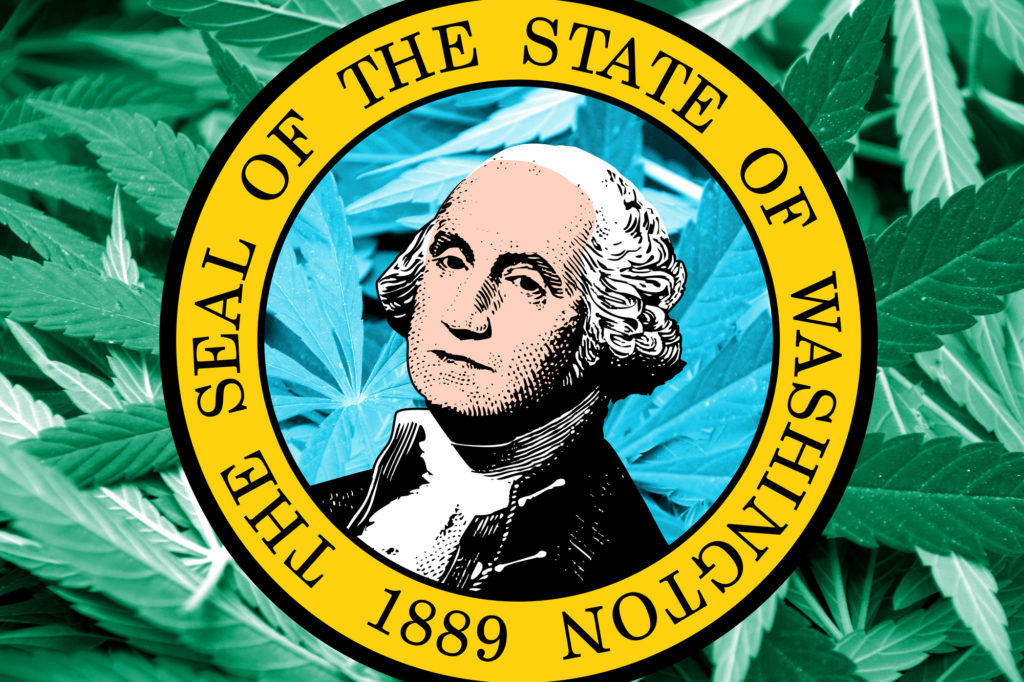The Washington State Liquor and Cannabis Board (“LCB”) has clarified what cannabinoid additives are allowed in Cannabis products in WA. The LCB recently published a notice that it had adopted interpretive statement IS22-01, “Use of Additives in Authorized Cannabis Products”. The adopted policy statement clarifies that non-cannabidiol (“non-CBD”) cannabinoids may be added to cannabis products in WA if they have been produced by or purchased from an LCB-licensed processor or processor within the I-502 (adult-use statute) system.
Cannabinoids
The cannabis sativa plant produces over 100 cannabinoids, not all of which have psychoactive or intoxicating effects. The two most common cannabinoids are delta-9-tetrahydrocannabinol (“THC”) and cannabidiol (“CBD”). THC is the cannabinoid that has psychoactive effects resulting in users getting “high”, while CBD is not considered psychoactive and is used for a variety of purposes including as an FDA approved treatment for epilepsy (Epidiolex).
The Revised Code of Washington (“RCW”) chapter 69.50.326 already allows for the addition of CBD to cannabis products, but in 2020 the LCB became aware of other cannabinoids being added to cannabis products and has sought to provide guidance on the matter ever since.
Legalization of recreational cannabis in the many U.S. states has led to the development and increased presence of non-CBD cannabinoids in recreational cannabis marketplaces. Among the more common are cannabigerol (“CBG”) and cannabinol (“CBN”). CBN can produce intoxicating effects, but not to the degree of THC, and CBG does not produce intoxicating effects.
Cannabinoids can be derived from the cannabis plant itself, from both hemp and high-THC plants, as well as artificially synthesized. As the recreational cannabis marketplace continues to grow with more states each year codifying recreational use laws, more obscure cannabinoids will undoubtedly be isolated for addition into cannabis products. Naturally, the states have an interest in ensuring that new or novel cannabinoids are safe for use and produced according to regulatory standards, which is the aim of the LCB in adopting IS22-01.
Adding cannabinoids to Washington cannabis products
As is the case for most LCB updates, the important point for cannabis businesses is compliance. At this point, the most affected businesses are going to be those manufacturing cannabis products as opposed to retailers.
Non-CBD cannabinoids may only be added to cannabis products if they were lawfully produced or purchased within the I-502 system. Consequentially, processors in particular need to ensure that supply chains for non-CBD cannabinoids being added to their products comply with this new regulation.
Testing; enforcement
Representative samples of all cannabis infused products must be tested according to the provisions of RCW 69.50.348. Cannabis businesses adding non-CBD cannabinoids to products should keep records showing they were produced and purchased from within the I-502 system. The procedures for dealing with failed test samples in RCW 69.50.348 are that the lot from which the failed sample is taken must be destroyed. This means that if non-CBD cannabinoids are added to cannabis products in WA, and not compliantly sourced from within the I-502 system, they must be destroyed.
The LCB did not opine on how widespread the addition of non-CBD cannabinoids is within the I-502 system. Nonetheless, cannabis businesses should ensure that if such cannabinoids are being added to their products that meticulous records are kept to show that they are sourced from within the I-502 system.
Need Help With Washington Cannabis Law?
























